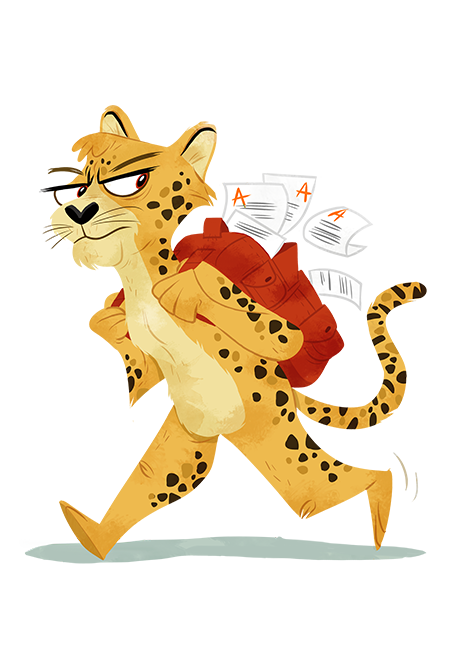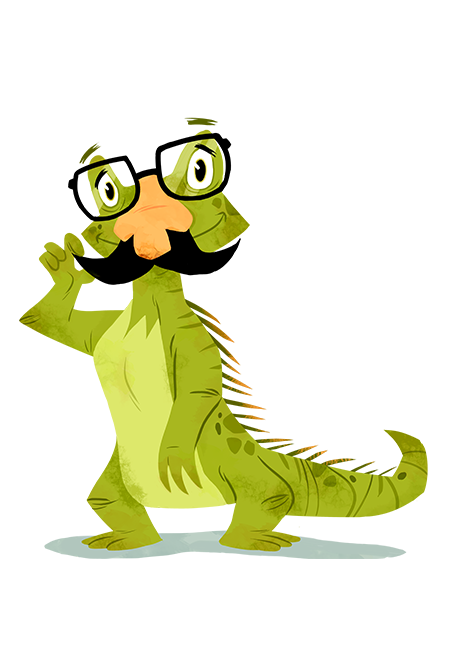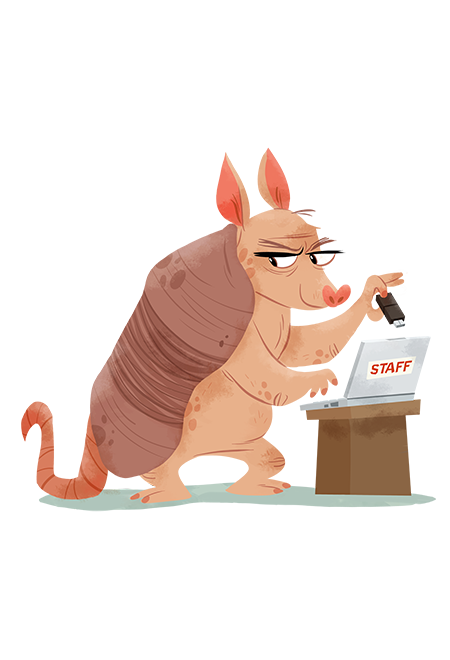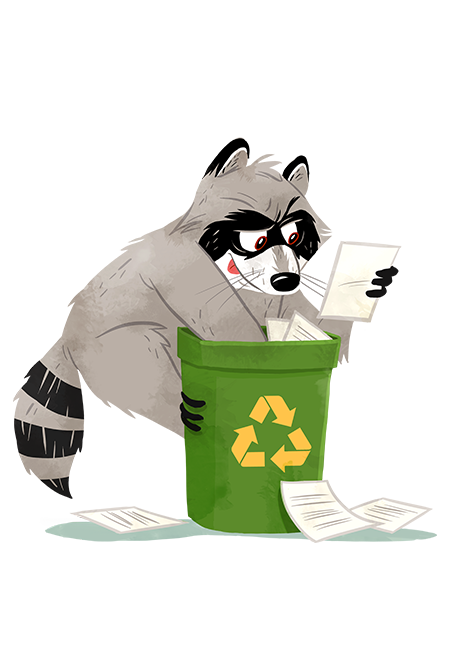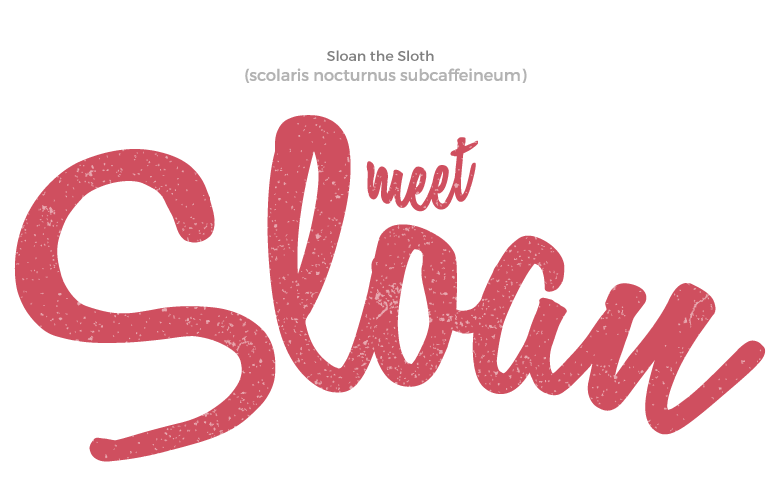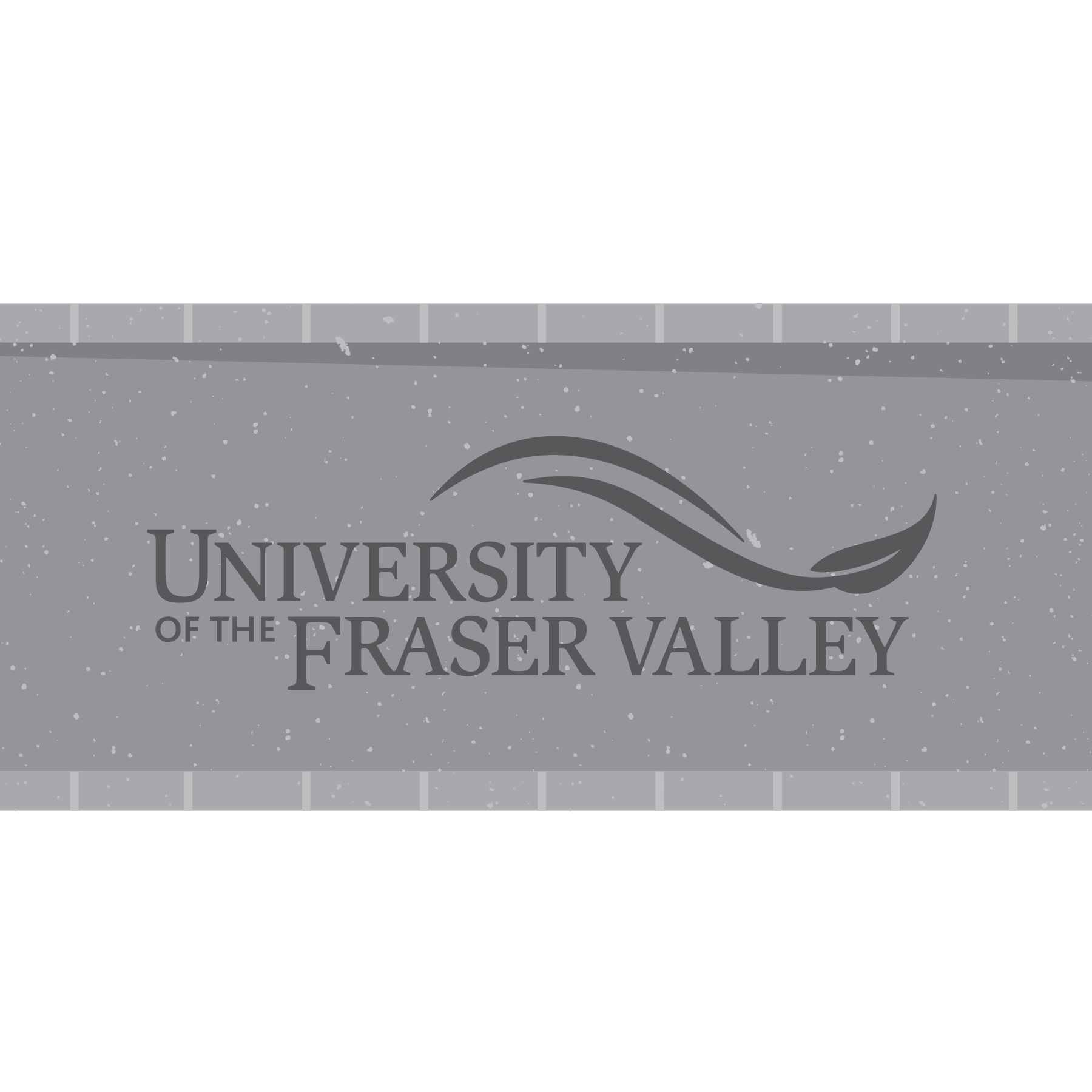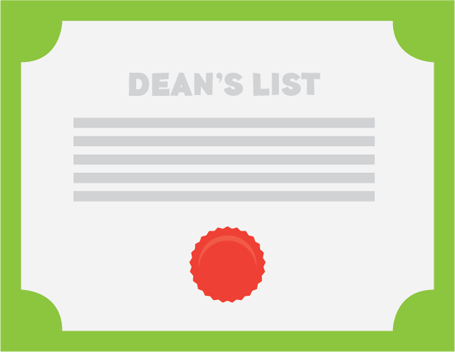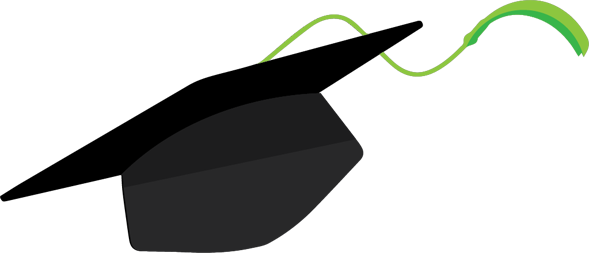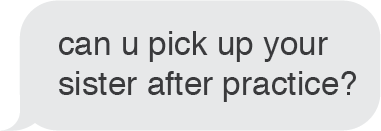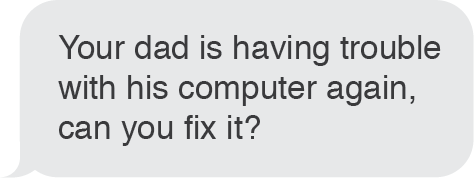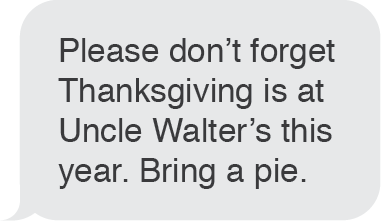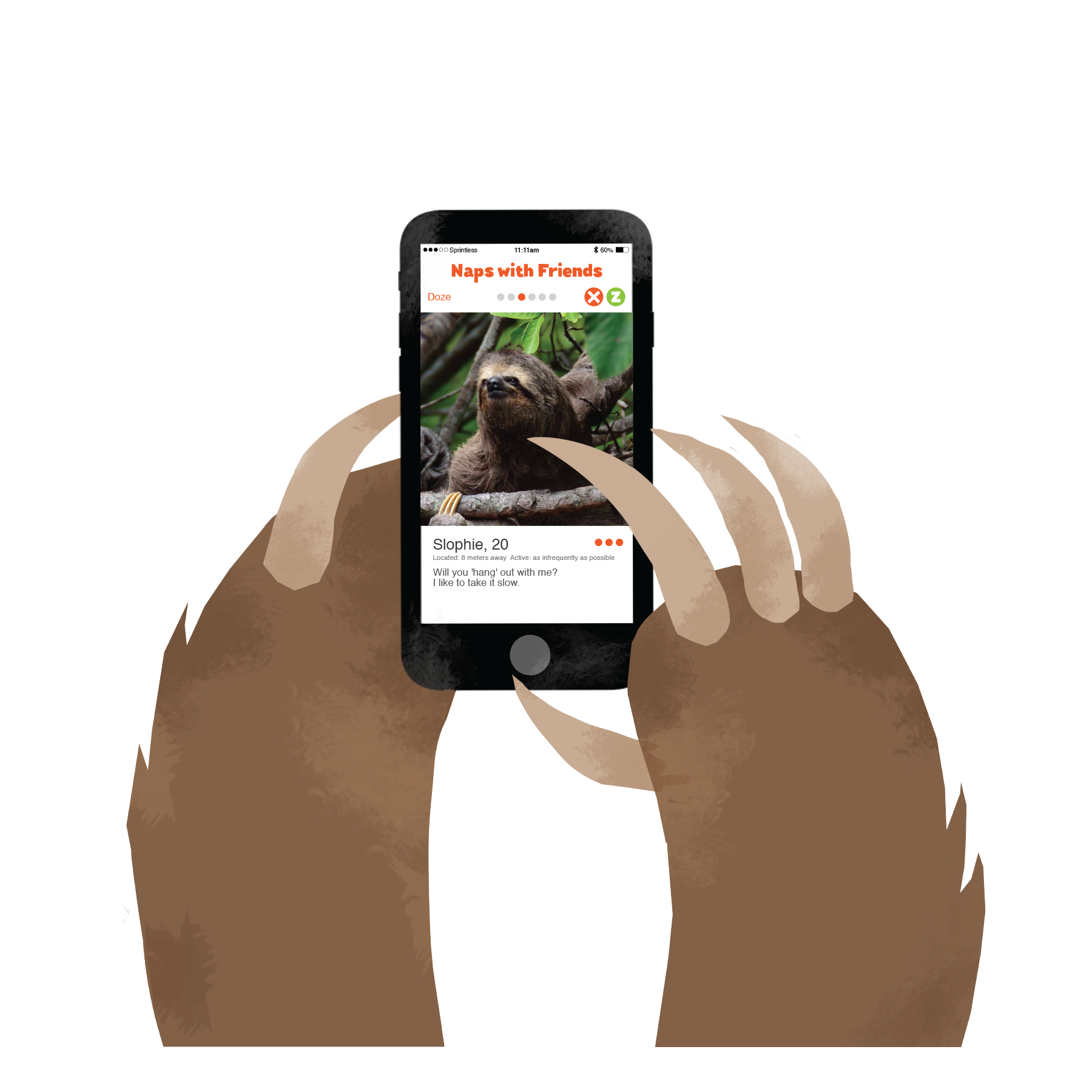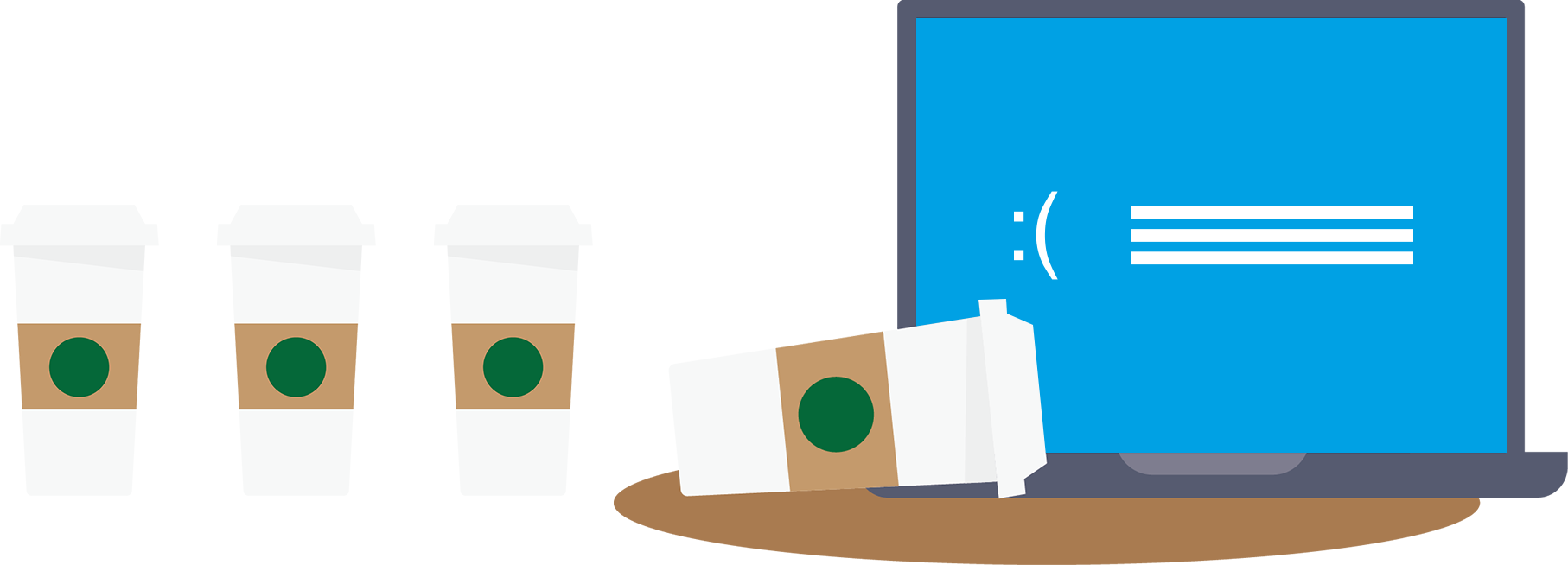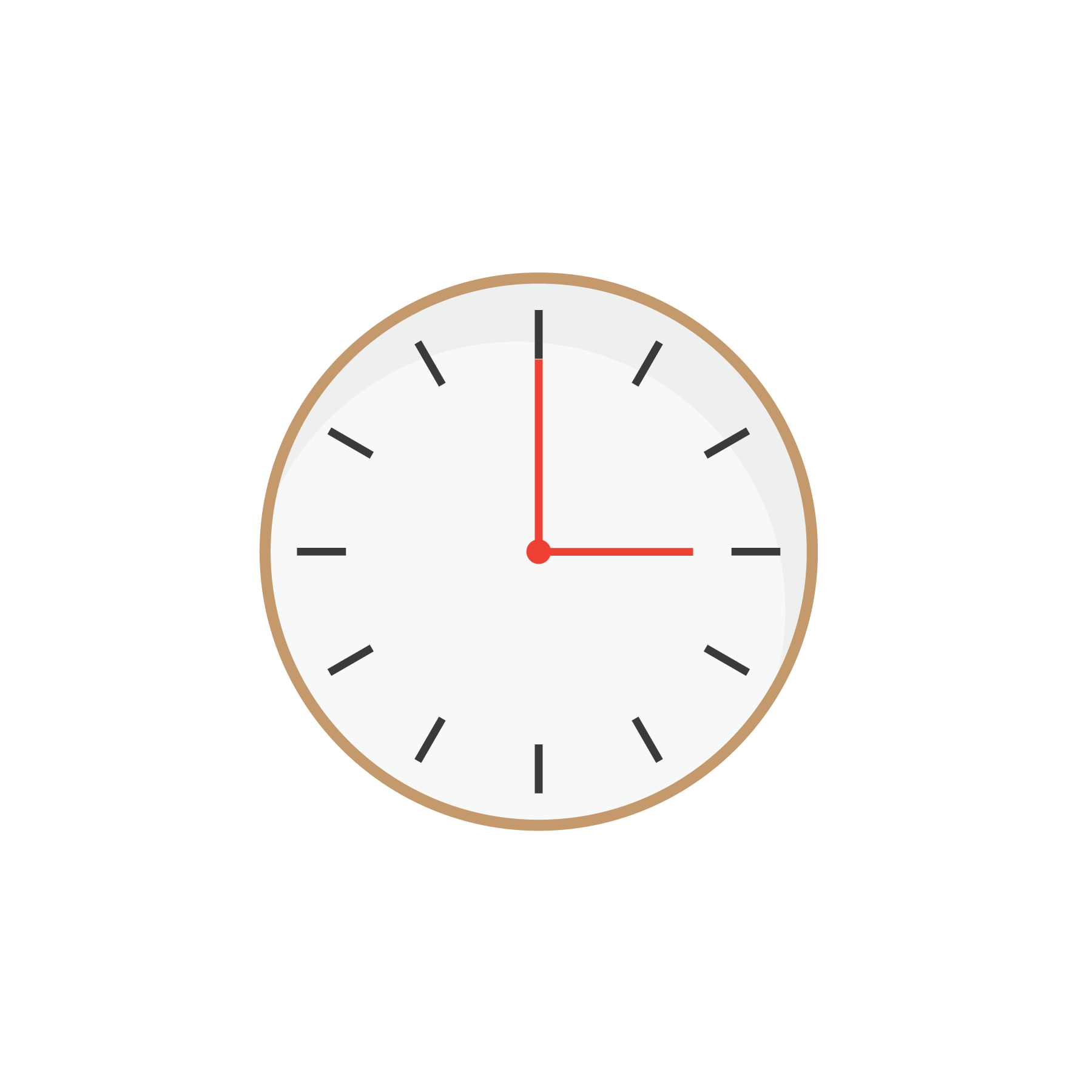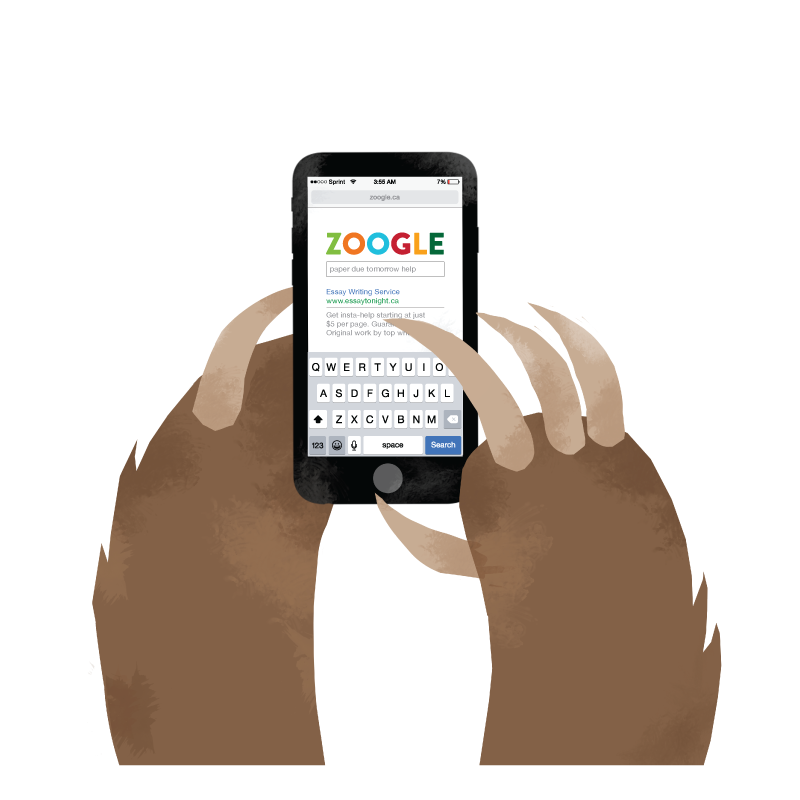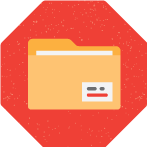Cheating
2.1. Cheating includes, but is not limited to the following:
2.1.1. Communicating or attempting to communicate with another individual or other individuals during an exam without the permission of the instructor or invigilator.
2.1.2. Using or attempting to use answers of another student or students, providing answers to other students, or failing to take measures deemed reasonable to the instructor or invigilator to prevent the use of one's answers by other students in assignments or examinations.
2.1.3. Using text books, materials, or technologies not sanctioned by the instructor during an examination.
2.1.4. Consulting other students, materials, or technologies during an exam outside the confines of an examination room.
2.1.5. Submitting work prepared in collaboration with another individual or individuals, when collaborative work on a project has not been authorized by the instructor; this includes unauthorized collaboration in an online or electronic format.
2.1.6. Misrepresenting one's contributions to group projects.
2.1.7. Submitting work prepared in whole or in part by another person, including work purchased, and representing that work as one’s own.
2.1.8. Offering for sale essays or other assignments, in whole or in part, with the expectation that these works will be submitted by the purchaser to meet course requirements.
2.1.9. Preparing work in whole or in part, with the expectation that this work will be submitted by another student to meet course requirements.
2.1.10. Submitting any academic work containing a purported statement of fact or reference to a source that has been fabricated.
2.2. In the absence of specific approval from the instructor, students should assume that all assignments, exams, presentations, etc., are to be completed independently, without any form of collaboration.
 "I didn’t realize what I was doing was misconduct!"
"I don’t respect my instructor..."
"The assignment is pointless."
"I had a family emergency!"
"I was sick."
"If my GPA drops I will lose my scholarship!"
"This is normal where I come from."
"The Ant made me do it!"
"My course load is too heavy."
"I had to work."
"I didn’t realize what I was doing was misconduct!"
"I don’t respect my instructor..."
"The assignment is pointless."
"I had a family emergency!"
"I was sick."
"If my GPA drops I will lose my scholarship!"
"This is normal where I come from."
"The Ant made me do it!"
"My course load is too heavy."
"I had to work."



